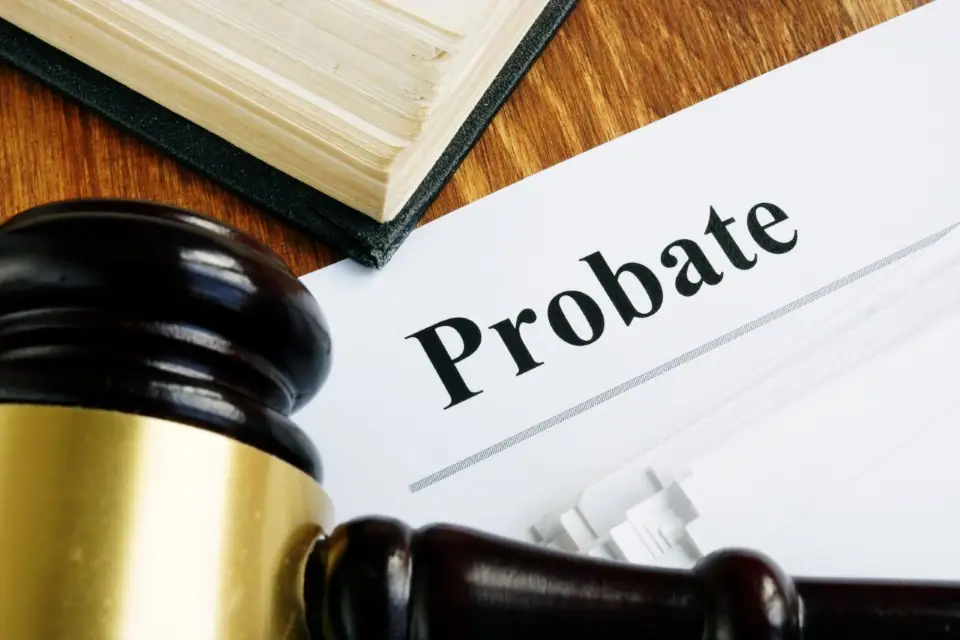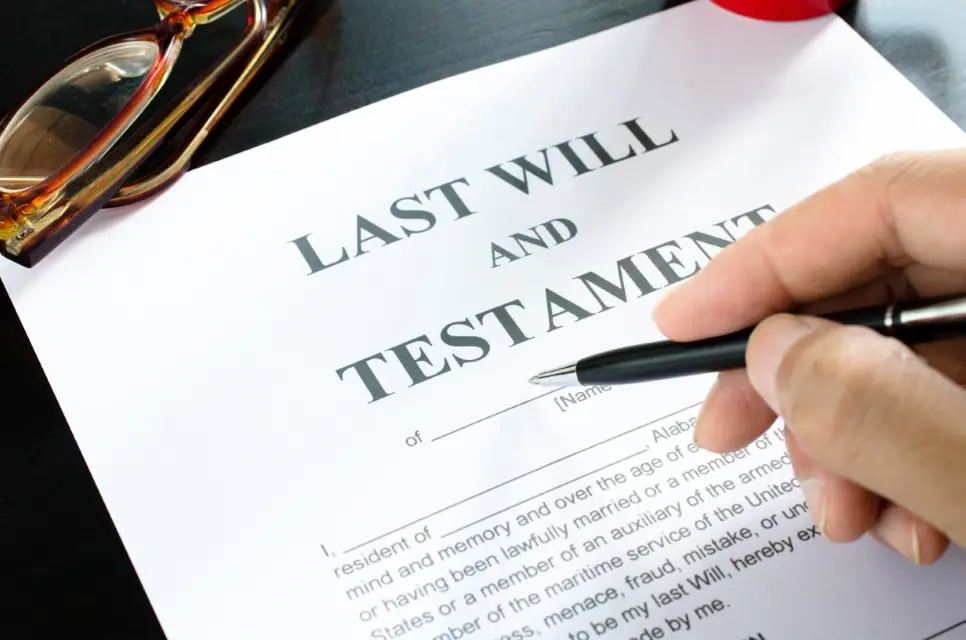Probate is a legal process that plays a pivotal role in the distribution of a deceased person’s assets. It can be a complex and often lengthy procedure, impacting beneficiaries and heirs. In this article, we will delve into the intricacies of probate, exploring its purpose, procedures, and common questions related to it.
Understanding Probate
Probate is the court-supervised process of authenticating a last will and testament, if one exists, and then carrying out its provisions. This process also involves identifying and inventorying the deceased person’s assets, appraising their value, paying debts and taxes, and distributing the remaining assets to beneficiaries or heirs as specified in the will or according to state law if there is no will.
The Probate Process
Probate proceedings typically follow these steps:
- Filing a Petition: The process begins with the filing of a petition in the probate court in the jurisdiction where the deceased person lived at the time of their death. This petition requests the court’s appointment of an executor (if there’s a will) or an administrator (if there’s no will).
- Notice to Beneficiaries and Heirs: Once the court appoints an executor or administrator, notice is given to all beneficiaries, heirs, and creditors. This notice allows them to contest the will or raise any objections they may have.
- Inventory and Appraisal: The executor or administrator must compile an inventory of the deceased person’s assets and have them appraised. This step is crucial in determining the total value of the estate.
- Debt Settlement: Outstanding debts, including taxes, are paid from the estate’s assets. The court ensures that these obligations are fulfilled before any distribution to beneficiaries.
- Asset Distribution: After debts are settled, the remaining assets are distributed to the beneficiaries according to the terms of the will or the state’s laws of intestacy if there is no will.
- Closing the Estate: Once all the above steps are completed, the court reviews the process and, if satisfied, closes the probate estate.
- Is Probate Always Required?
- Probate isn’t always necessary. In cases where the deceased person held assets jointly with someone else, those assets typically pass directly to the surviving owner. Additionally, assets with named beneficiaries, such as life insurance policies and retirement accounts, bypass probate. The necessity of probate depends on the type and extent of the assets and whether there is a valid will.
- How Long Does Probate Take?
- The duration of probate varies depending on the complexity of the estate and local laws. Simple cases may take a few months, while more complex ones can extend to a year or longer. Delays can occur due to various factors, including disputes among beneficiaries, challenges to the will, and the size of the estate.
- Can Probate Be Avoided?
- Yes, it is possible to avoid probate through careful estate planning. This can be achieved by establishing a revocable living trust, designating beneficiaries for assets like bank accounts and life insurance policies, and gifting assets during your lifetime. Proper estate planning can help assets transfer outside of probate, potentially saving time and expenses.
- Who Pays for Probate?
- The expenses of probate are typically paid from the estate’s assets. This includes court filing fees, attorney fees, and costs associated with appraisals and asset management. These fees are paid before any remaining assets are distributed to beneficiaries.
Conclusion
In conclusion, probate is a legal process that ensures the orderly distribution of a deceased person’s assets. It involves several steps, including filing a petition, notifying beneficiaries and creditors, inventorying and appraising assets, settling debts, and finally, distributing the remaining assets. While probate can be a lengthy and sometimes costly process, it serves an important function in protecting the rights of beneficiaries and heirs. Understanding the probate process and the available options for estate planning can help individuals navigate this aspect of the law more effectively and efficiently. Probate may not always be required, and with proper planning, it is possible to streamline the transfer of assets to beneficiaries and heirs while minimizing the involvement of the probate court.







